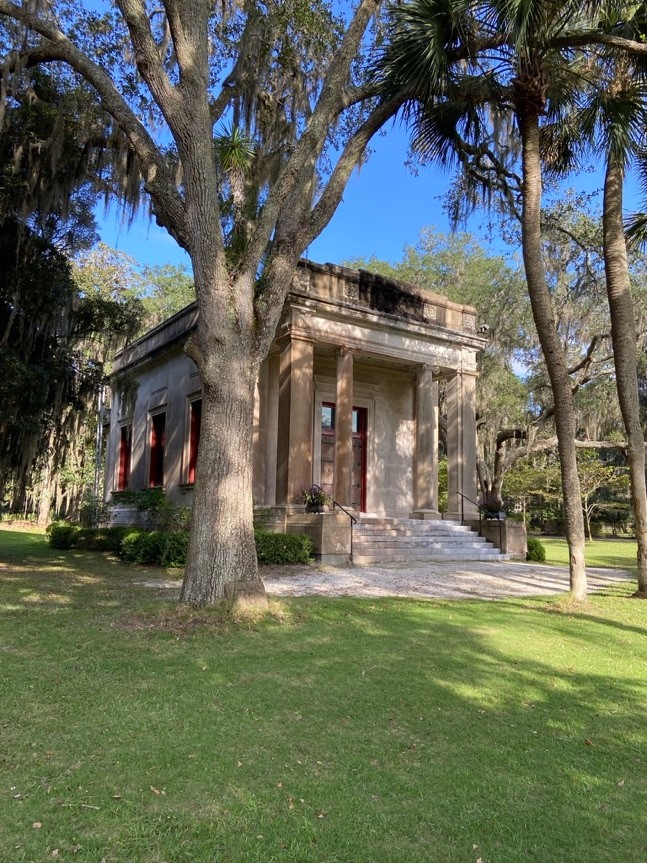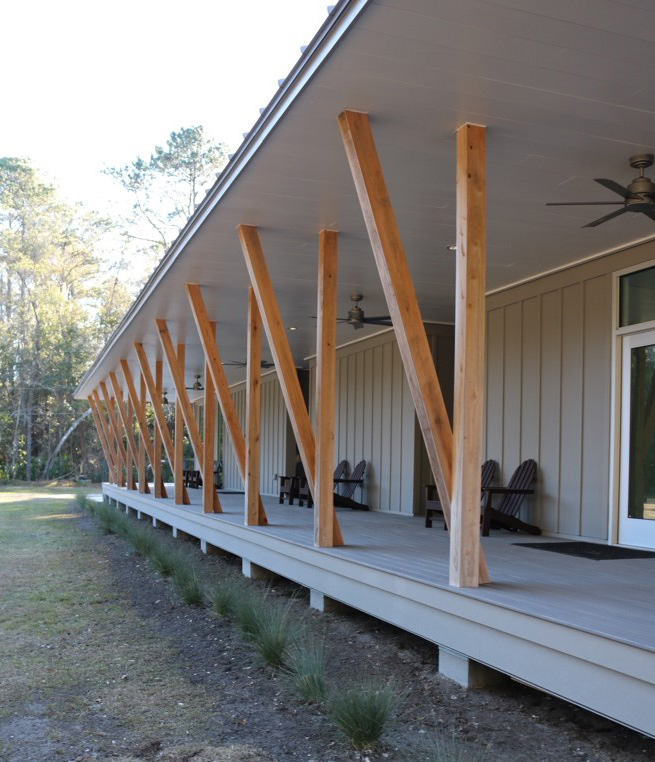About the Center for Research and Education at Wormsloe
"If you would understand anything, observe its beginning and its development." - Aristotle
"The whole past is the procession of the present." - Thomas Carlyle
The Center for Research and Education at Wormsloe seeks to examine the interwoven layers of ecology, cultural history, and historical land use practices through the lens of environmental history. Merging anthropological, historical and ecological studies of the progression of land use enriches both data collection and analysis, and results in the most comprehensive representation of time and place. The emerging paradigm of environmental history relies on innovative and interdisciplinary scholarship to investigate the link between critical social transitions and ecological responses and it supports the application of historical insights to conservation.

Wormsloe, claimed and developed by founding Georgia Colonist Noble Jones in the mid 1730s, is the oldest of Georgia's tidewater estates. Wormsloe has played an important role in Georgia history, serving as a critical strategic military post in the early defense of Savannah against the Spanish, a working agricultural plantation during the era of slavery, and the source of an unrivaled collection of books and manuscripts related to Georgia history from Colonial times to the present day. The contents of the DeRenne Library at Wormsloe became part of the University of Georgia's Rare Books and Manuscripts Collection in 1938, reinforcing a lasting relationship between Wormsloe and the University.
Nine generations have succeeded Noble Jones at Wormsloe, and each has supported scholarly endeavors, which today form the groundwork for research related to the property. Over the last century, each generation has strengthened ties with UGA through support for academic research, education, the libraries, and the University of Georgia Press. The Center for Research and Education at Wormsloe continues this family legacy by working in partnership with UGA to support multidisciplinary research on-site. UGA faculty and graduate students work collaboratively to develop research initiatives and coordinate long term goals.
Wormsloe is recognized as a unique and exemplary opportunity to serve as an archaeological research center and field laboratory as well as a site for demonstration of archaeological research techniques and interpretation of coastal Georgia history, anthropology, and ecology. Currently, CREW provides working space for a small group of researchers involved in archaeological field and lab work (i.e. artifact excavation, identification and restoration), and ecological investigations. The Experiential Learning Center (ELC) at CREW was opened in 2023 to further support and enhance the site’s research capabilities. The ELC contains a wet-laboratory, classroom, and office space. Housing is available at Wormsloe for faculty and graduate students.

